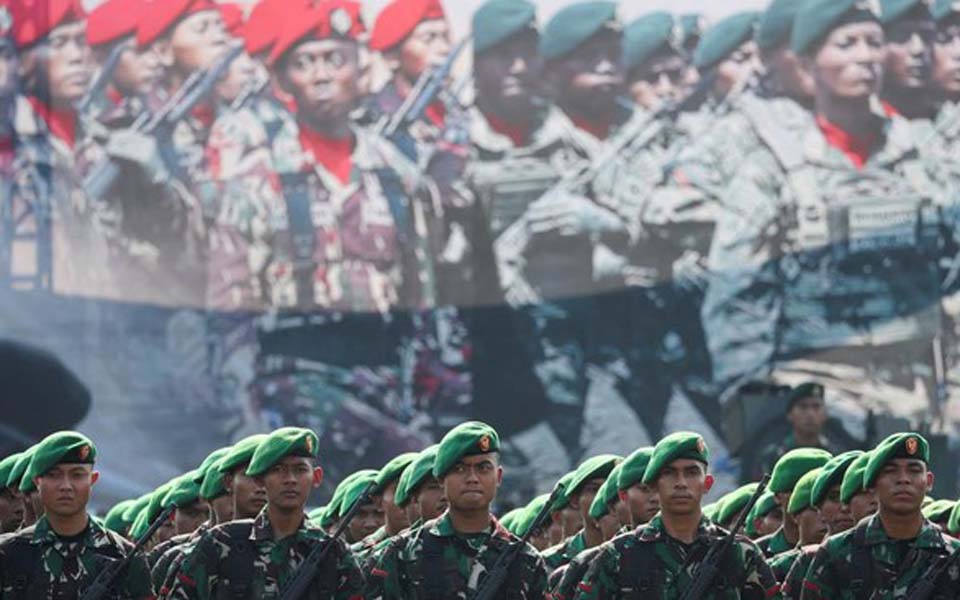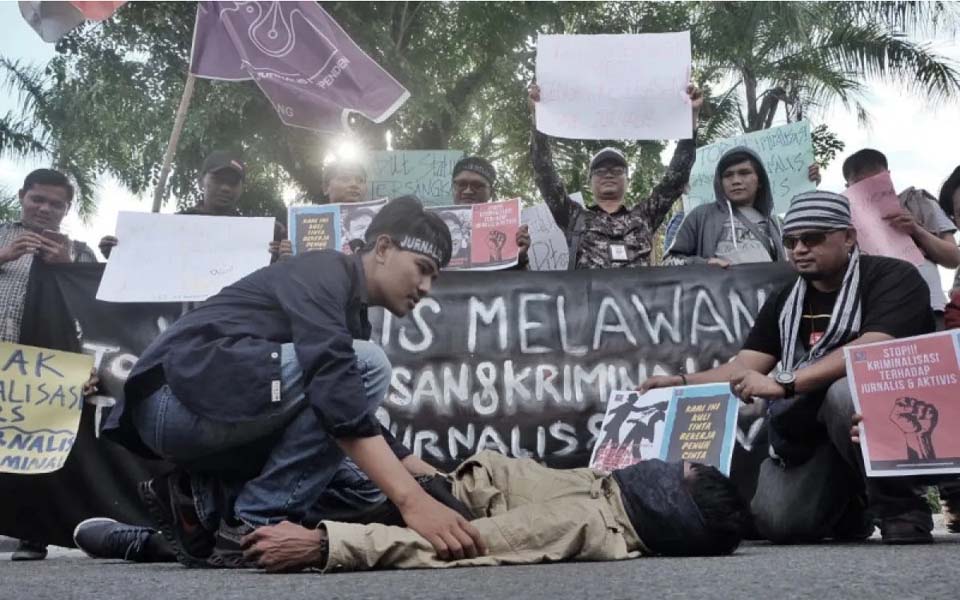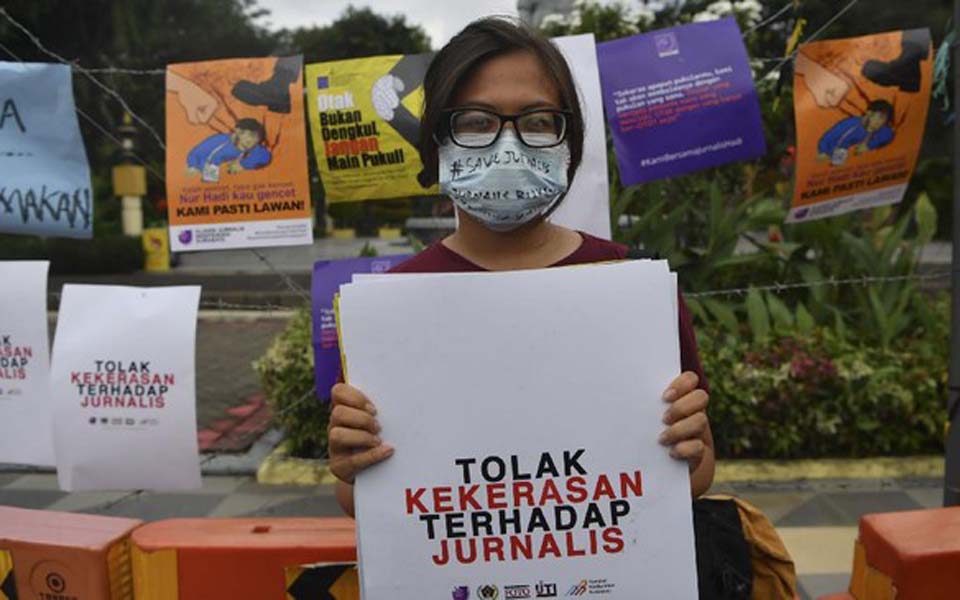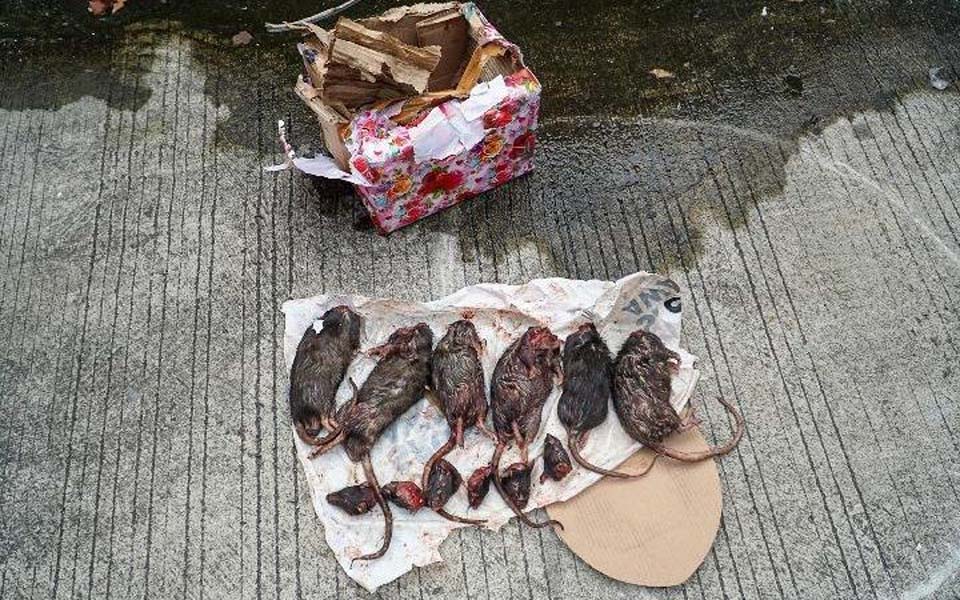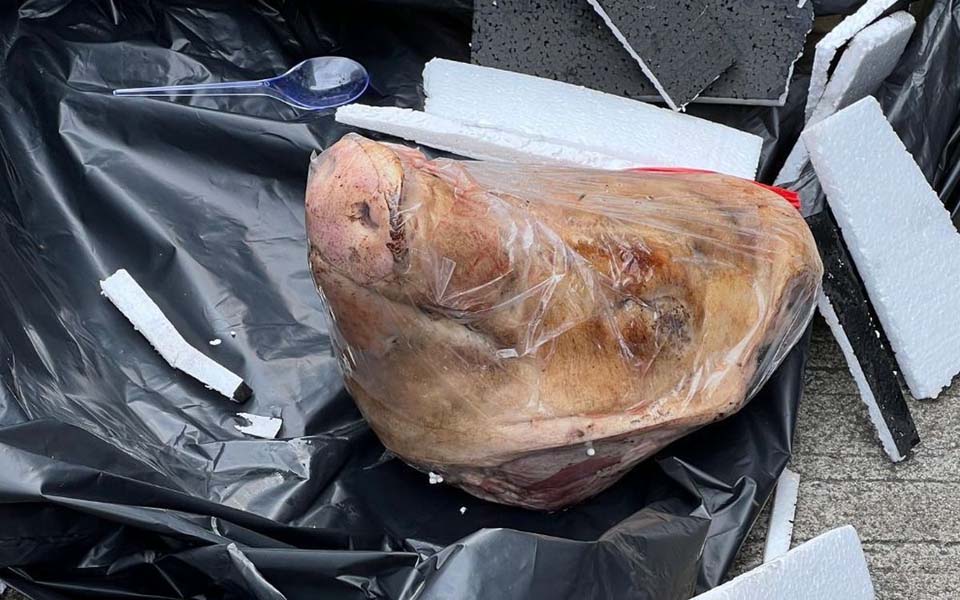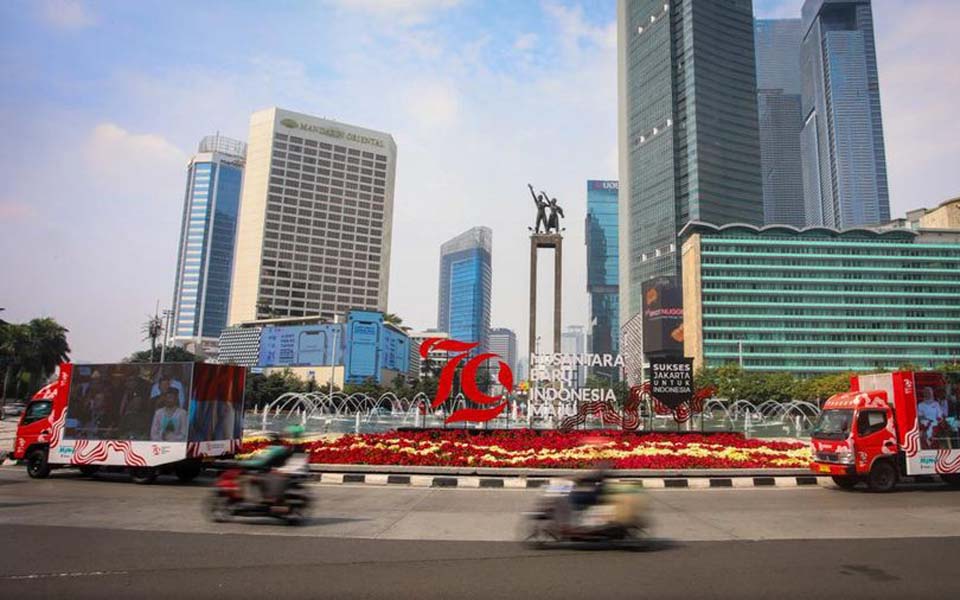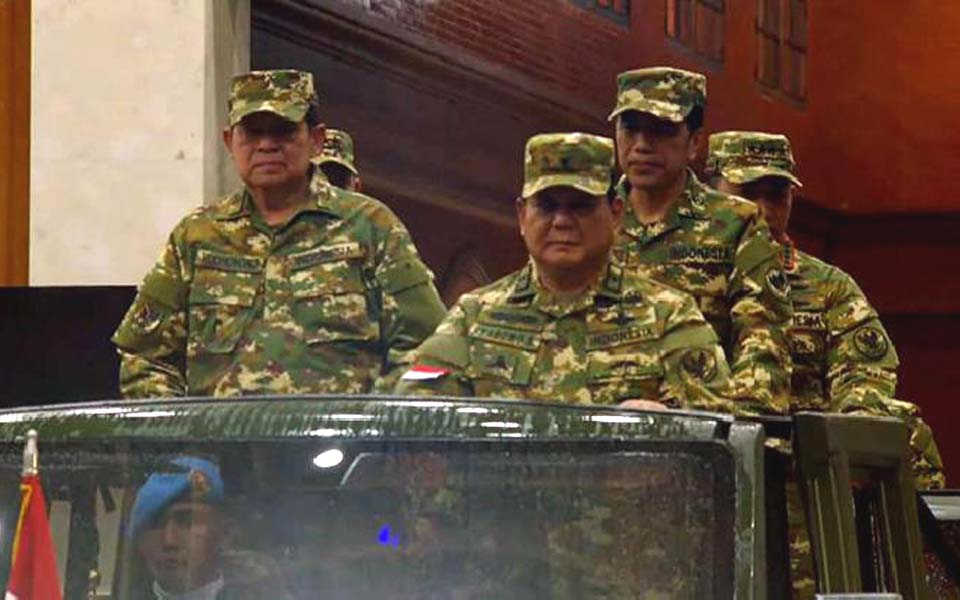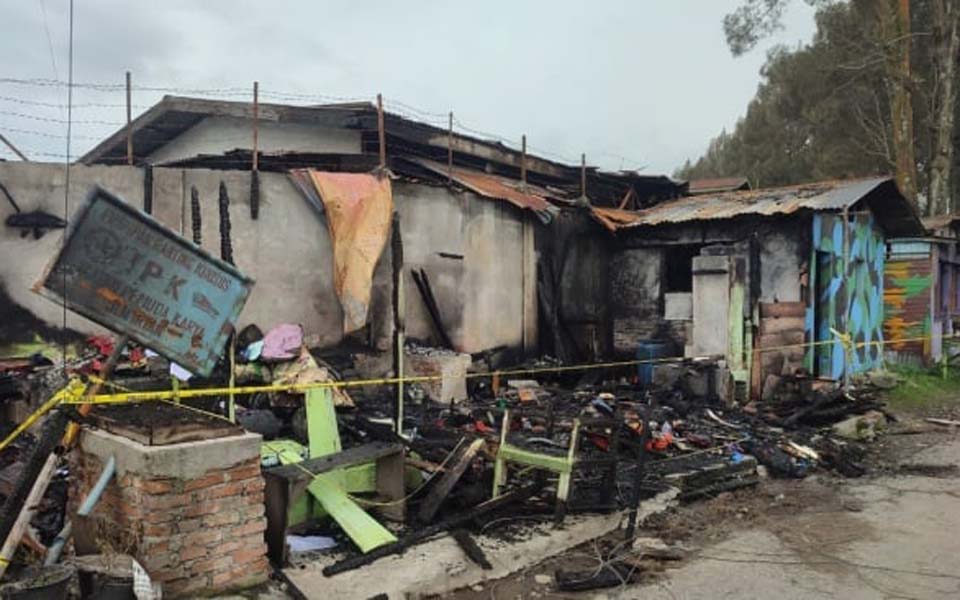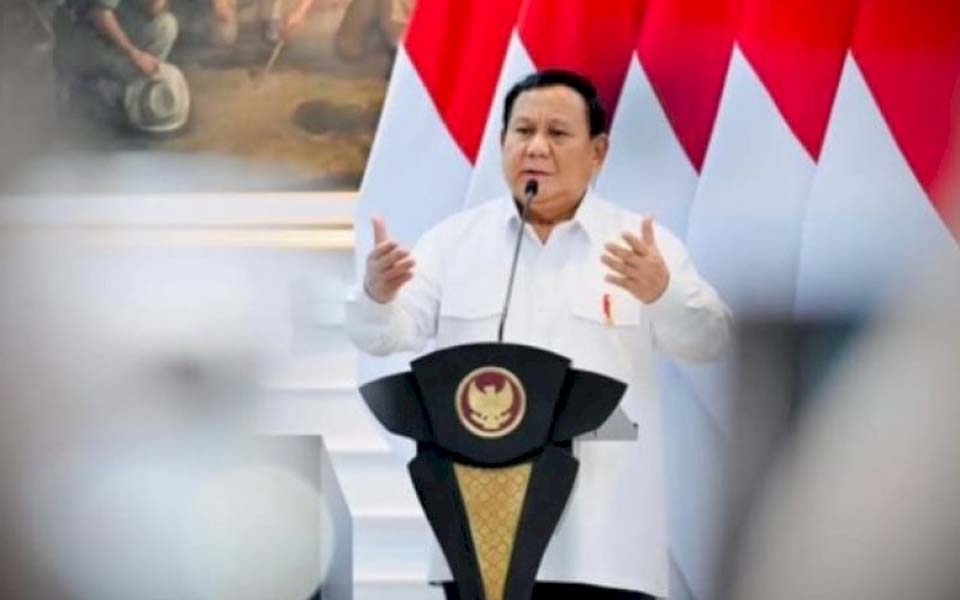Tazkia Royyan Hikmatiar – A 2023 Press Freedom Index (IKP) survey conducted by the Press Council found a significant decline compared to 2022, with the IKP dropping to 71.57 from 77.87 points in 2022.
Press Council commissioner for data collection, research and press ratification, Atmaji Sapto Anggoro, revealed that the national IKP declined by 6.30 points compared with the 2022 IKP survey results.
"The drop in the IKP figure represents the first decline in the last six years", he said in a written release given to journalists on Thursday August 31.
The 2018 IKP was 69.0 (categorised as "rather free"), in 2019 it rose to 73.71 (“quite free”), then in 2020 it was 75.27, in 2021 it was 76.02, and in 2022 it rose to 77.88.
Although the figure declined in comparison with last year, Anggoro said that the 2023 IKP is still categorised as "good". Meaning that nationally, press freedom was categorised as "quite free" throughout 2022.
The IKP survey assesses the state of press freedom for the previous one year period. The 2022 IKP survey for example, assessed the state of press freedom throughout 2021, meaning the 2023 IKP survey measures the state of press freedom throughout 2022.
Anggoro explained that there were several indicators that contributed to the decline in the 2023 IKP. In the political category this included the indicators "freedom from intervention" and "freedom from violence", which dropped 7 points.
In the economic category the indicators "independence from strong interests groups" declined by 8 points. Meanwhile the legal category suffered the largest decline of 8-9 points in two indicators, namely "criminalisation and intimidation of the press" and "press ethics".
Anggoro revealed that in 2022 there was still violence against the press, both against journalists and media outlets. Violence occurred in a number of regions in the form of physical and non-physical violence, including digital violence. It also including interventions in newsrooms, both from outside and inside.
"All of this contributed to a decline in the 2023 IKP", asserted Anggoro.
In the economic sphere, he said there are still media in many regions experiencing problems with a dependence on strong economic groups. Most of the media in the regions have established "cooperation" with local governments in the form of paid news.
"Not a few media rely on advertising and paid news from regional governments, APBD [regional budget] users, as the main source of income, so they are vulnerable to being coopted by local government interests", he explained.
"The Press Council through data collection activities (verification) in various regions found many press businesses that find it difficult to pay their employees, including journalists, the minimum in line with the provincial minimum wage. Media like this do not have a strong enough bargaining position to deal with economic and political forces from outside", concluded Anggoro.
[Translated by James Balowski. The original title of the article was "Indeks Kemerdekaan Pers Nasional Turun, Pertama Kali Sejak Enam Tahun".]






